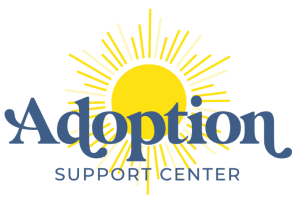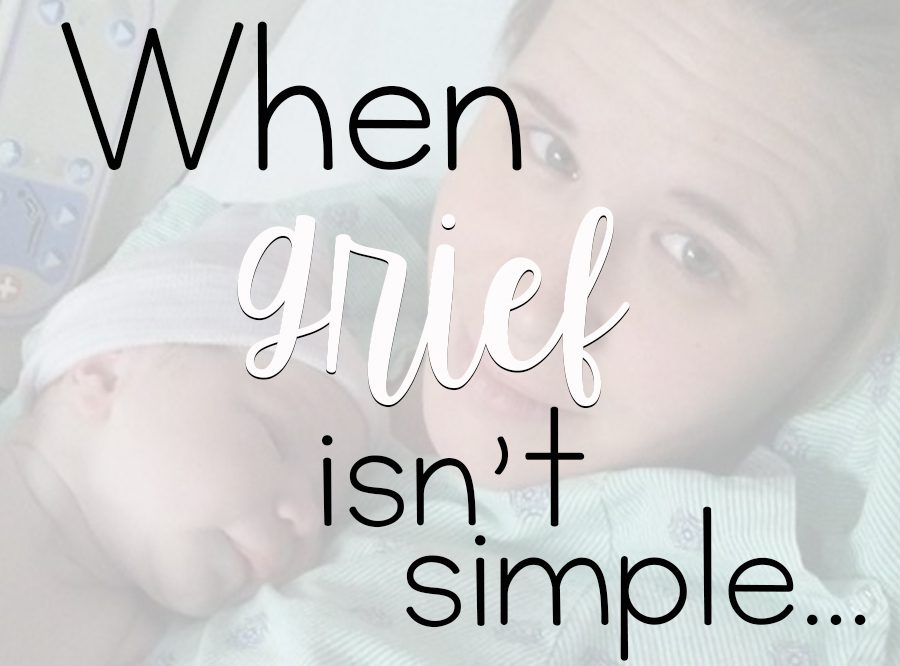Grief is a universal emotion, often defined by sadness following a loss. The web site http://www.verywellhealth.com reminds us that “grief is not a single emotion; it’s an experience or state-of-being that manifests itself physically, emotionally, mentally and/or spiritually following a painful or traumatic event.”
The loss of placing a baby for adoption is a loss like no other.
While the baby is alive and well, it can feel like the baby has died. Feelings of shame and loneliness are often reported.
Add to the feelings that can overwhelm a woman after placing a baby a hormonal imbalance. Mood swings occur as both the estrogen and progesterone levels in the mother’s body rapidly drop. These mood swings, along with the loss of the baby through adoption, can make the grief response particularly complicated.
It’s not a stretch to say that a particularly complicated grief response after giving birth is a short road to a post-partum depression.
Post-partum depression occurs in about 15% of women in the time week to month after delivery. Approximately 80% of women report feeling the “baby blues” in that same time frame, but the blue feelings go away after a week or two and are less intense than a full-blown depression.
The National Institute for Mental Health lists some of the symptoms of Post-Partum Depression as:
- Feeling sad, hopeless or overwhelmed.
- Crying more than usual or for no apparent reason.
- Worrying or feeling overly anxious.
- Sleep disturbances—either sleeping too much or being unable to sleep.
- Having trouble concentrating, remembering details, or making decisions.
- Experiencing anger or rage.
- Suffering from physical aches and pains.
- Thinking about harming herself.
(For a more complete list, please see https://www.nimh.nih.gov/health/publications/postpartum-depression-facts/index.shtml)
The National Institute for Mental Health also lists some risk factors for developing post-partum depression. These include:
- Mixed feelings about the pregnancy, whether it was planned or unplanned.
- A lack of emotional support from spouse, partner, family, or friends.
- A stressful life event either during or shortly after the pregnancy.
While placing a baby for adoption does not appear specifically on this list, those three risk factors certainly have it covered!
While this information can sound terrifying, it is also a means to help. Post-partum depression can be treated! Sharing these feelings with your doctor is a first step toward. Your doctor can help determine if your feelings are really the result of a post-partum depression or if they are something else. Generally, a combination of talk therapy and medication can ease the symptoms of a post-partum depression.
As this diagnosis is becoming more and more known, ASC has recognized the need to continue to offer post-placement counseling services. We have always been passionate about empowering women in making brave choices and honoring the decisions they have made. Help is only a phone call or text away.



